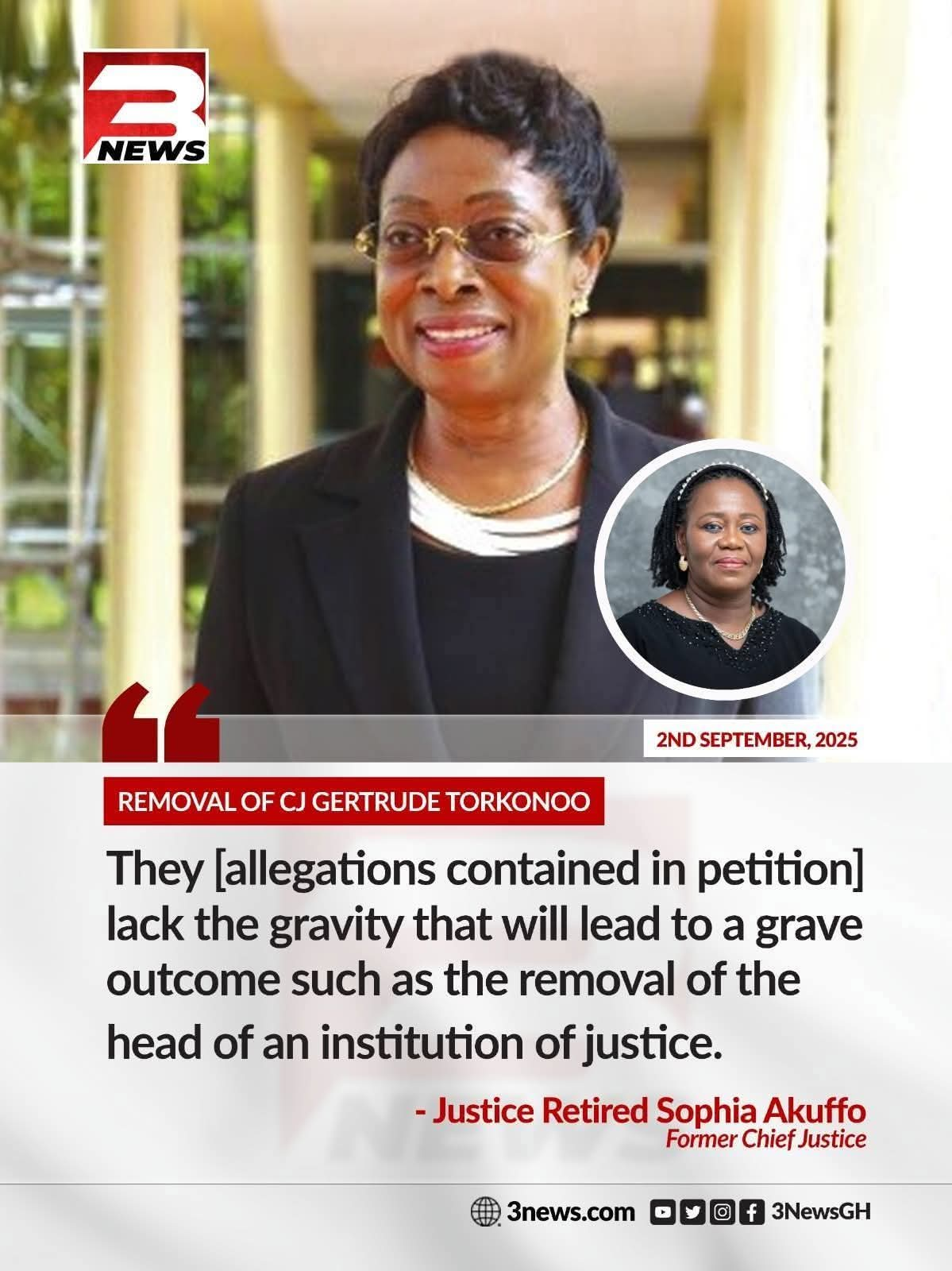The architect is present at the demolition. This is the haunting, inescapable truth of Justice Sophia Akuffo’s role in the judicial unmaking of her successor. Her subsequent, sorrowful declaration – that the allegations lacked the gravity for such a grave outcome – rings not as a defense, but as a searing indictment of her own moral authority. Where was this conviction when the Council of State, of which she was a sitting member, wielded its gavel to initiate this political inquisition? An abstention is not a shield; it is the calculated silence of a bystander who watches a house burn, objecting only after the embers cool.
This crisis, however, was not forged in a moment, but in the deep, bloody fissures of our history. It was forged the instant a jurist of renowned principle – a legal practitioner during the PNDC junta’s 1982 abduction and murder of High Court judges – accepted a seat at the table of that junta’s very political progeny. She knew this entity not as a mere adversarial administration, but as an organisation with a foundational DNA of anti-judiciary brutality, one capable of not just dismissing judges but of exterminating them. To then dine with its descendants, to lend them her hard-earned stature, was the original and catastrophic compromise. To plead surprise at their venom is not just a tragedy; it is a willful suspension of historical memory.
Sophia Akuffo’s catastrophic failure was not a momentary lapse but the culmination of this fundamental surrender – a barter of moral autonomy for a place within the machinery of a power she knew to be brutish, heartless, and kleptocratic.
Thus, we arrive at the unforgiving Dostoevskyan core: if one possesses the clarity to condemn an act after its execution, what moral wretchedness explains the refusal to intervene during the crime? Sophia Akuffo’s choice – a bloodless abstention over a thunderous resignation – was the final choice: to preserve her seat at that very table rather than to overturn it.
Her later words do not absolve; they accuse. They are the eloquent ghost of the action she failed to take. By lending her authority through mere presence, she provided the fig leaf of legitimacy for a deeply politicised act. The true betrayal is not of a single colleague, but of the Constitution itself, and of the very memory of the slain judges whose robes she was privileged to wear. She was offered a moment to be a martyr for justice and chose, instead, to be a notary to its execution.
J. A. Sarbah.


